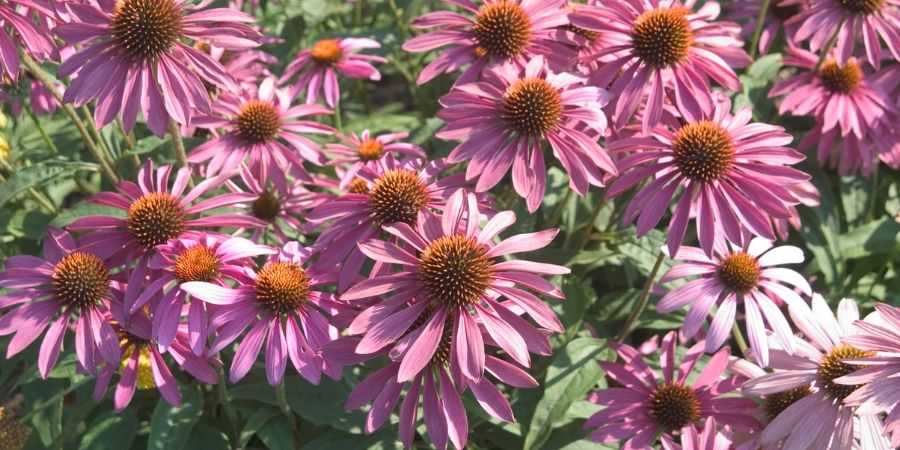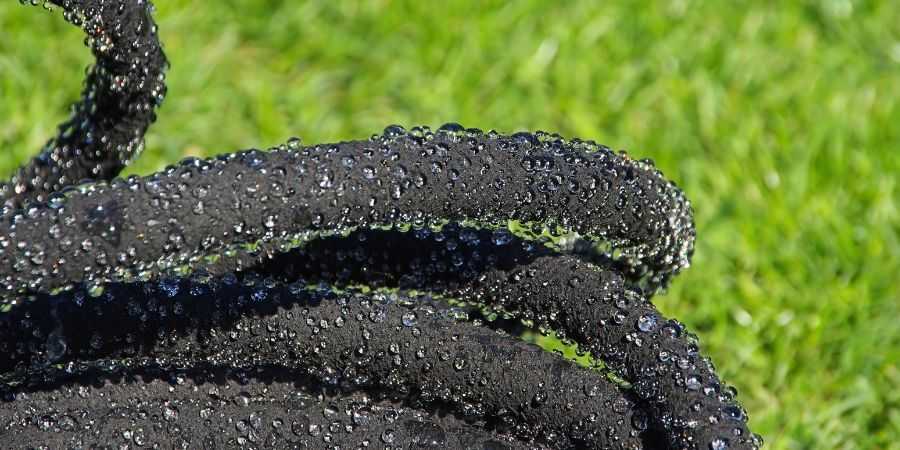Conserving Water in Your Lawn and Garden
- horticulturist and gardening expertJune 15, 2019
No matter where you live, being a waterwise gardener makes environmental and economic sense. And it’s really easier than you think. Here are just a few of the easy and affordable ways to conserve water while growing a beautiful garden.
Grow plants suited to your climate, and this includes the average rainfall for your area. Select drought-tolerant plants, that once established, require less on-going care. Consider native plants like coneflower, yucca, and penstemon as well as native and non-invasive ornamental grasses.

Be sure to group moisture-loving plants together and near a source of water. You’ll save time and water by concentrating your efforts on fewer plants. Move containers to the shade or provide additional shade during hot dry weather to reduce the plant’s water needs.
Use slow-release nitrogen fertilizers like Milorganite. This slow-release fertilizer encourages slow steady growth that requires less water. Plus, it will not burn plants during hot dry weather. It simply stays in the soil until the growing conditions, moisture and temperature are right for the plants.
Install a rain barrel or two to capture rain for watering in-ground and container gardens. Or place a rain barrel near your garden and collect rain directly from the sky. Use this water to supplement your garden’s moisture needs during drought.
Decorate or mask the barrels with vines, decorative fencing, containers, or nearby plantings. And check with your local municipality as several states and communities have banned rain harvesting on private property.
Use soaker hoses and drip irrigation to save water by applying the water directly to the soil where it is needed. Consider connecting your rain barrel to a soaker hose in a nearby garden. Just open the spigot and allow gravity to slowly empty the water throughout the day. Check to make sure water is evenly distributed throughout the garden.

And always water thoroughly and less frequently to encourage deep drought-tolerant roots. Add a layer of organic mulch like shredded leaves, evergreen needles or herbicide-free grass clippings to conserve moisture and keep roots cool. As these break down they add organic matter to the soil improving the water-holding ability of sandy and rocky soils.
Allow lawns to go dormant during droughts. Apply a ¼ inch of water every three to four weeks during extended droughts. This keeps the crown of the plant alive while the grass remains dormant. Do not apply weed killers and minimize foot and equipment traffic on dormant lawns.
Incorporate one or more of these techniques to your garden care this season. You’ll conserve water while creating healthier and more attractive gardens.

